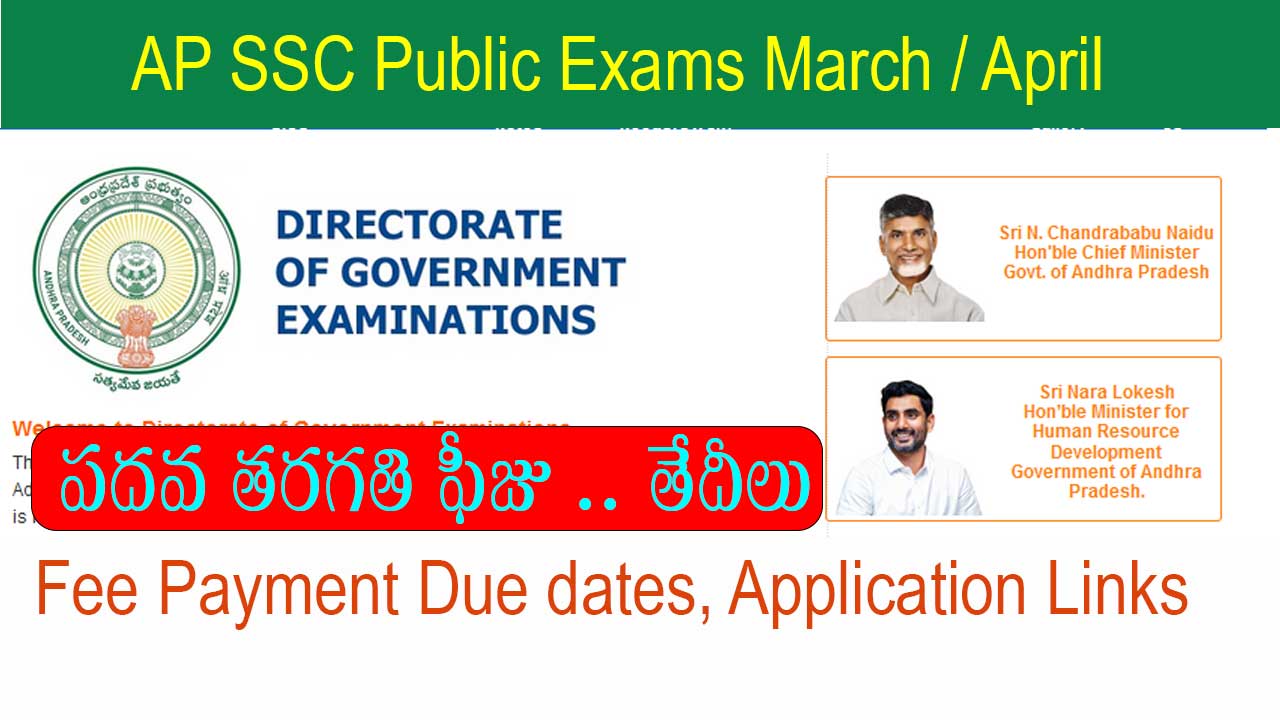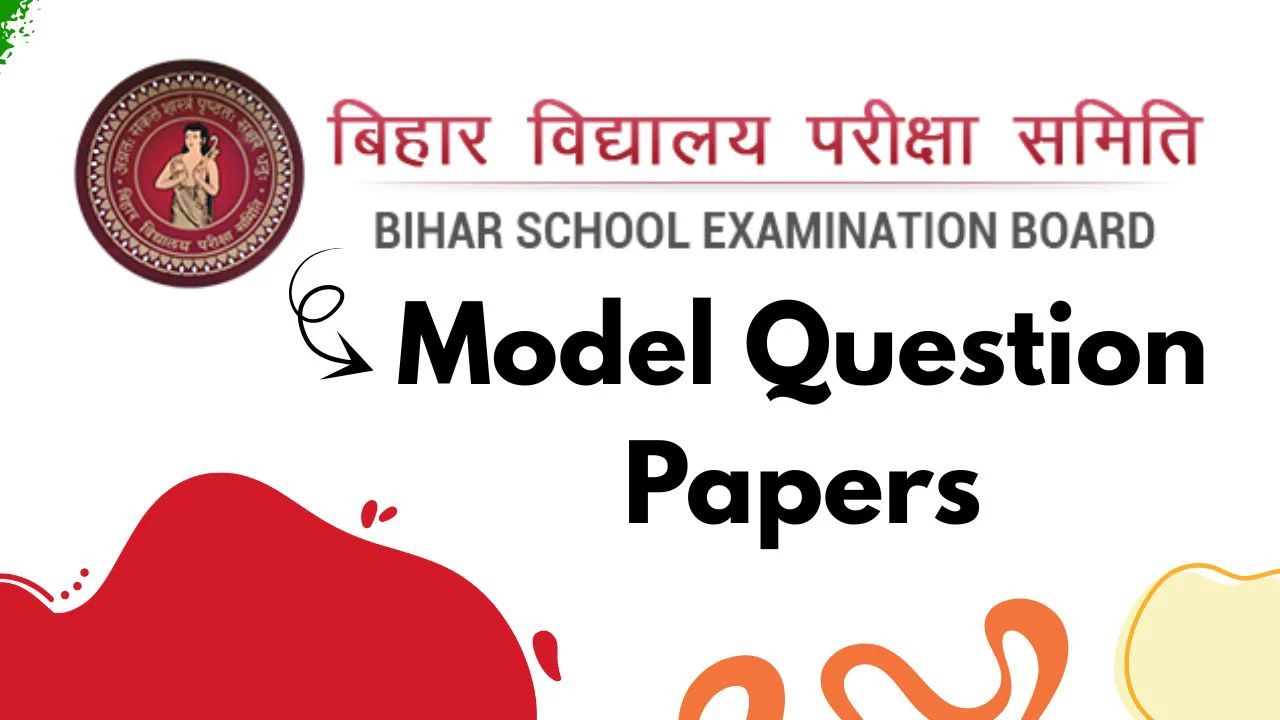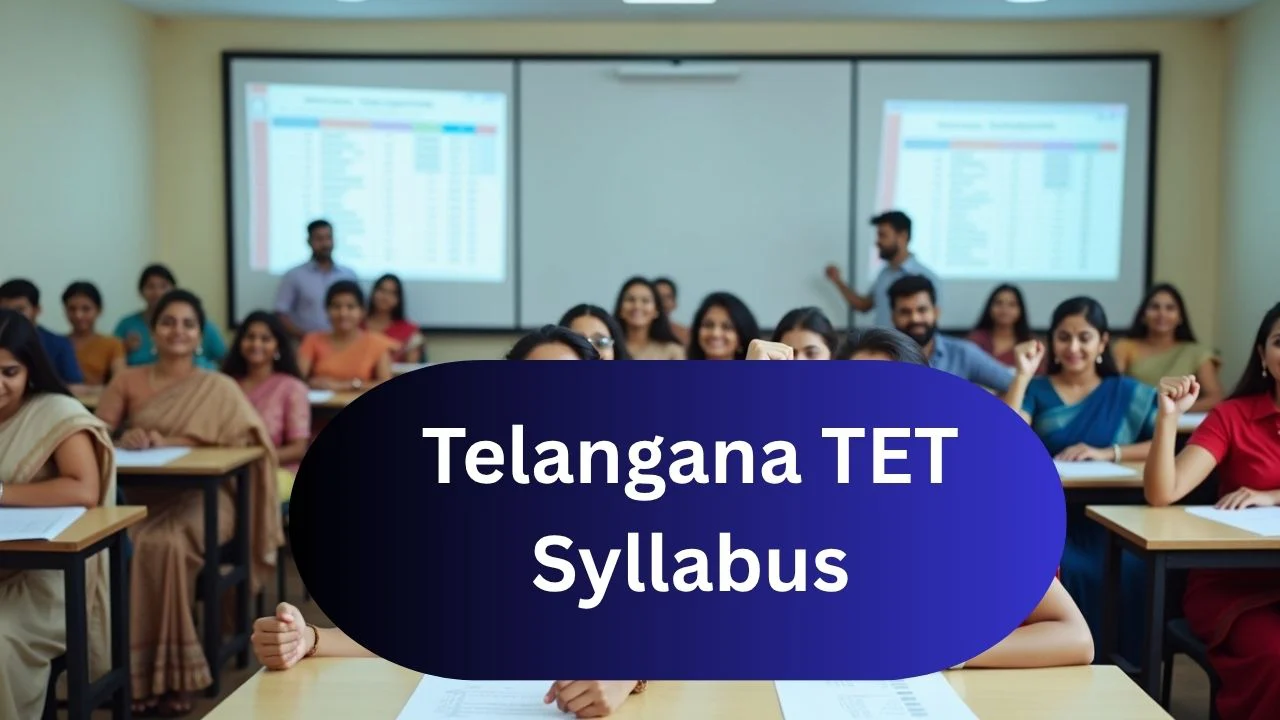Hi Student, The CBSE prepares the syllabus for the academic year of class 11 for all the subject. Program of Class 11 Business Studies Syllabus as you know very well that the Central Board of Secondary Education (CBSE) has its curriculum, and they hold the supreme authority to change it further for the benefit of students. In this article, you can get the latest CBSE Class 11 Business Studies Syllabus and Exam Pattern in PDF for the academic year and this syllabus is absolutely free of cost.
Click Here to Download Class 11 Business Studies NCERT Books
NCERT Class 11 Business Studies Syllabus
The syllabus is divided into two parts: Part A is Foundations of Business with 6 units, and Part B is Finance and Trade with five units.
Business Studies Class 11 Syllabus
Exam Structure
| Units | Topic | Marks |
| Part A | Foundations of Business | |
| 1 | Nature and Purpose of Business | 20 |
| 2 | Forms of Business Organisations | |
| 3 | Public, Private and Global Enterprises | 18 |
| 4 | Business Services | |
| 5 | Emerging Modes of Business | 12 |
| 6 | Social Responsibility and Business Ethics | |
| Part B | Finance and Trade | |
| 7 | Sources of Business Finance | 20 |
| 8 | Small Business | |
| 9 | Internal Trade | 20 |
| 10 | International Business | |
| 11 | Project Work | 10 |
| Total | 100 |
Part A: Foundation of Business
Unit 1: Nature and Purpose of Business
- Concept and characteristics of business.
- Business, profession and employment – Meaning and their distinctive features.
- Objectives of business – Economic and social, role of profit in business.
- Classification of business activities: Industry and Commerce.
- Industry – types: primary, secondary, tertiary – Meaning and sub types.
- Commerce – trade: types (internal, external, wholesale and retail; and auxiliaries to trade: banking, insurance, transportation, warehousing, communication, and advertising.
- Business risks – Meaning, nature and causes.
Unit 2: Forms of Business organizations
- Sole Proprietorship – meaning, features, merits and limitations.
- Partnership – Features, types, merits and limitations of partnership and partners, registration of a partnership firm, partnership deed. Type of partners.
- Hindu Undivided Family Business: features.
- Cooperative Societies- features, types, merits and limitations.
- Company: private and public company -features, merits and limitations.
- Formation of a company- four stages, important document (MOA, AOA, relevances of certificate of incorporation and certificate of commencement.
- Starting a business – Basic factors.
Unit 3: Public, Private and Global Enterprises
- Private sector and public sector enterprises.
- Forms of public sector enterprises: features, merits and limitations of departmental undertakings, statutory corporation and Government Company.
- Changing role of public sector enterprises.
- Global enterprises, Joint ventures, Public Private Partnership – Features
Unit 4: Business Services
- Banking: Types of bank accounts- savings, current, recurring, fixed deposit and multiple option deposit account.
- Banking services with particular reference to issue of bank draft, banker’s cheque (pay order), RTGS (Real Time Gross Settlement) NEFT (National Electronic Funds Transfer), bank overdraft, cash credits and e- banking.
- Insurance: principles, concept of life, health, fire and marine insurance.
- Postal and telecom services: mail (UPC, registered post, parcel, speed post and courier) and other services.
Unit 5: Emerging Modes of Business
- E-business – scope and benefits, resources required for successful e-business implementation, online transactions, payment mechanism, security and safety of business transactions.
- Outsourcing-concept, need and scope of BPO (business process outsourcing) and KPO (knowledge process outsourcing).
- Smart cards and ATM’s meaning and utility
Unit 6: Social Responsibility of Business and Business Ethics
- Concept of social responsibility
- Case for social responsibility
- Responsibility towards owners, investors, consumers, employees, government and community
- Environment protection and business
Part B: Finance and Trade
Unit 7: Sources of Business Finance
- Concept of business finance
- Owner’s funds – equity shares, preference share, GDR, ADR, IDR and retained earnings.
- Borrowed funds: debentures and bonds, loan from financial institution, loans from commercial banks, public deposits, trade credit, ICD (inter corporate deposits).
Unit 8: Small Business
- Small scale enterprise as defined by MSMED Act 2006 (Micro, Small and Medium Enterprise Development Act).
- Role of small business in India with special reference to rural areas.
- Government schemes and agencies for small scale industries: (National Small Industries Corporation) and DIC (District Industrial Center) with special reference to rural, backward and hilly areas.
Unit 9: Internal Trade
- Services rendered by a wholesaler and a retailer
- Types of retail – trade – Itinerant and small scale fixed shops
- Large scale retailers – Departmental stores, chain stores, mail order business
- Concept of automatic vending machine
- Chambers of Commerce and Industry: Basic functions
- Main documents used in internal trade: Performa invoice, invoice, debit note, credit note. LR (Lorry receipt) and RR (Railway Receipt)
- Terms of Trade: COD (Cash on Delivery), FOB (Free on Board), CIF (Cost, Insurance and Freight), E&OE (Errors and Omissions Excepted)
Unit 10: International Trade
- Meaning, difference between internal trade and external trade: Meaning and characteristics of international trade.
- Problems of international trade: Advantages and disadvantages of international trade
- Export Trade – Meaning, objective and procedure of Export Trade
- Import Trade – Meaning, objective and procedure: Meaning and functions of import trade; purpose and procedure
- Documents involved in International Trade; documents involved in export trade, indent, letter of credit, shipping order, shipping bills, mate’s receipt, bill of lading, certificate of origin, consular invoice, documentary bill of exchange (DA/DP), specimen, importance
- World Trade Organization (WTO) meaning and objective
Important Links to Download CBSE Class 11 Business Studies Syllabus
| Download CBSE Class 11 Business Studies Syllabus pdf |









